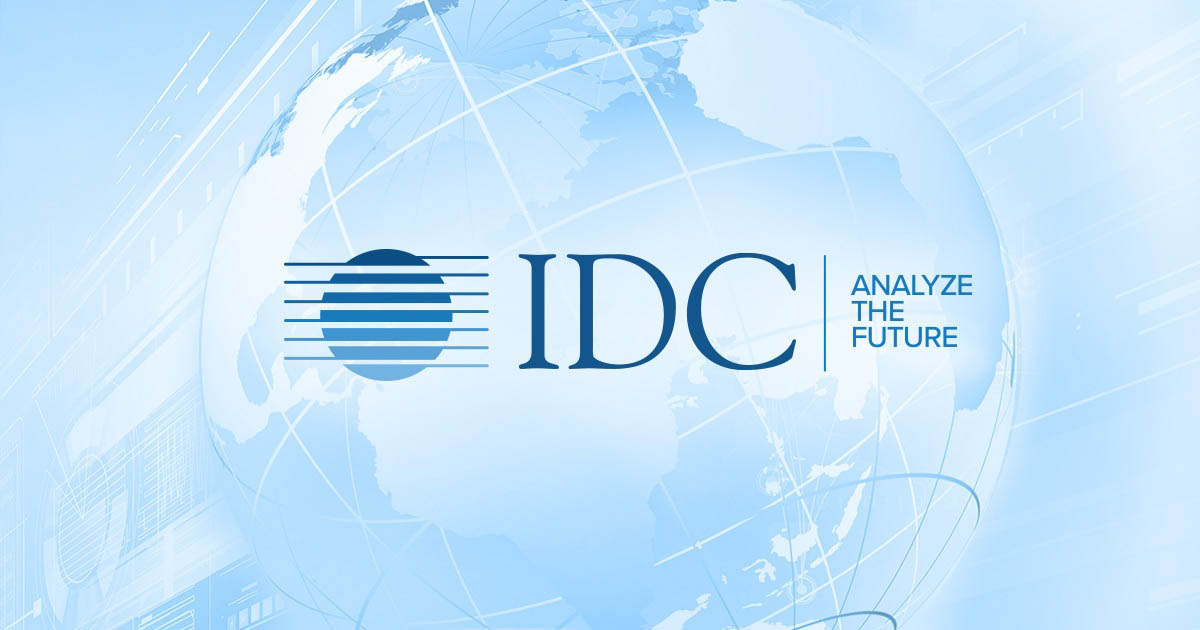The International Data Corporation (IDC), one of the world’s leading global providers of market intelligence, advisory services, and events linked to the information technology, telecommunications, and consumer technology markets, is projecting that the year ahead will continue to be shaped by “the disruptive forces of COVID-19,” which it says has already changed “everything across all verticals now and into the future.”
The organization’s FutureScape 2021 Report says that the advent of COVID-19 will result in at least five years of universal health systems grappling with and learning from the COVID-19 disruption of the past year.
The IDC’s ten healthcare predictions, going forward, also include the assertion that the economic and clinical frailties arising out of the pandemic will push 20% of global healthcare organisations to embrace integration to improve outcomes during 2021.
But the world-renowned technology-driven research institution stops short of asserting a ‘doom and gloom’ scenario, stating that international life science and healthcare provider companies, having learnt important lessons from the pandemic-related shortages, will move to increase investments in Artificial Intelligence (AI) and advanced analytics by 50% by 2022 in order to avoid the COVID-19 supply chain disruptions in the future. The report adds that by 2023, as domestic and international healthcare systems seek better ways to improve access, 65% of patients will have accessed care through a “digital front door.”
Meanwhile the IDC is projecting that by the end of this year, seven of the leading ten wrist-worn “wearables companies” will have created algorithms capable of early detection of potential signs of infectious diseases, including COVID-19 and the flu. “Accelerated by the emergence of the new coronavirus, investments by life science companies in digital initiatives to support the utilization of real-world evidence globally will double by 2022,” an assessment of the IDC’s findings says.
And according to the report, the experience of COVID-19 will result in the emergence of “digitally enabled remote care” that will see “clinical trials” resulting in a 70% growth in spending on connected health technologies by both providers and life-science companies by 2023.
The IDC says that by 2024, arising out of the proliferation of data 60% of healthcare institutions will place their IT infrastructure on data platforms that will utilise Artificial Intelligence to enhance process automation and decision-making.
Meanwhile, 60% of healthcare providers, the study says, will be moving in the direction of “immersive training” for healthcare professionals and enhancing customer experience, by shifting from, “proof of concept” to “full deployment of AR/VR technologies” by 2025.








